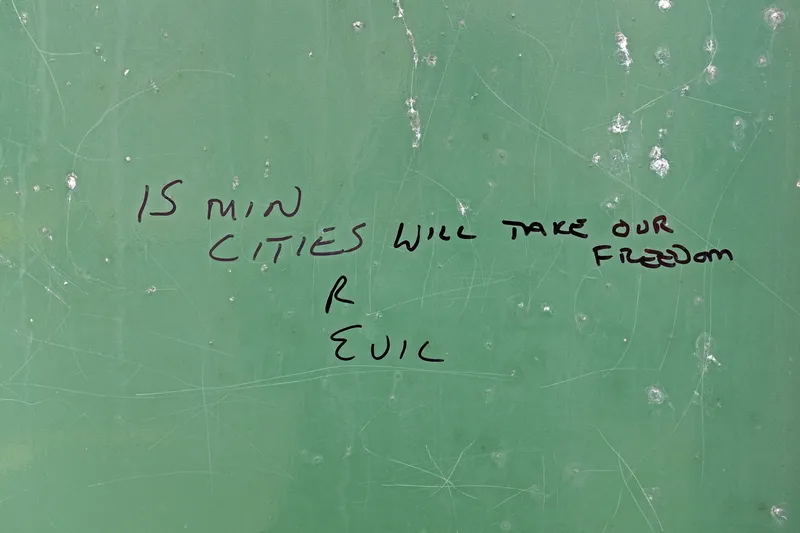
The US Department of Transportation has further signalled the Trump administration's desire to break with the past by rescinding transport funding memos issued during President Joe Biden's time in the White House.
USDoT now says that the two separate memorandums, both called 'Policy on Using Bipartisan Infrastructure Law Resources to Build a Better America', "injected a social justice and environmental agenda into decisions for critical infrastructure projects" and were "in conflict with Congressional intent and the Administrative Procedure Act".
"These Biden-era memos displaced the long-standing authorities granted to states by law, added meritless and costly burdens related to greenhouse gas emissions and equity initiatives," USDoT's statement continues.
“Under President Trump’s leadership, the Department of Transportation is getting back to basics — building critical infrastructure projects that move people and move commerce safely," says transportation secretary Sean P. Duffy. "The previous administration flouted Congress in an attempt to push a radical social and environmental agenda on the American people. This was an act of federal overreach. It stops now.”
The decision "affirms that these Biden-era policies have no basis in statute and have no role in DoT programmes going forward".










